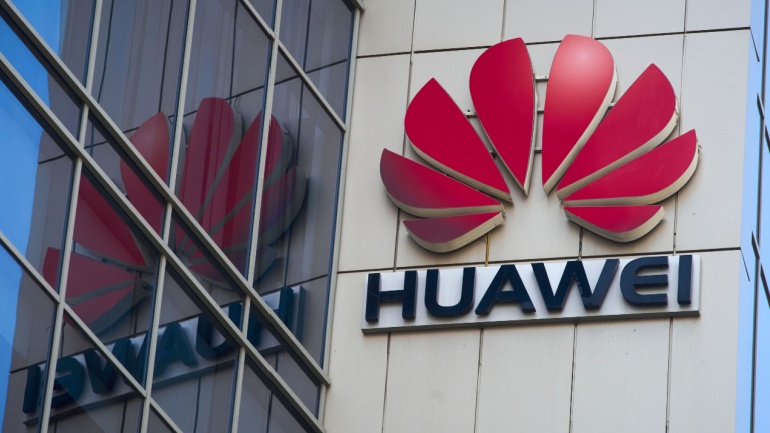Qatar’s Communications Regulatory Authority (CRA) will shut down 3G networks by December 31, 2025, to bolster 4G LTE and 5G services nationwide. This shift, part of Qatar National Vision 2030, aims to optimize spectrum resources, enhance telecommunication service quality, and drive economic diversification. VoIP users will enjoy improved connectivity and efficiency.
Indosat Ooredoo Hutchison has launched Indonesia’s first AI Experience Center at Solo Technopark, Central Java. This state-of-the-art facility, boasting advanced 5G connectivity, aims to establish Indonesia as a future leader in AI. The center will foster innovation, develop AI-ready talent, and support the nation’s digital transformation.
The UK Ministry of Defence has successfully launched its own satellite, ‘Tyche’, revolutionizing Intelligence, Surveillance, and Reconnaissance (ISR) capabilities. This pivotal event marks the UK’s leap forward in space-based defense. As part of a broader initiative, Tyche will bolster military operations, disaster response, and environmental monitoring, reinforcing national security and technological innovation.
Germany is investing €5 billion in a new semiconductor manufacturing facility in Dresden through the European Semiconductor Manufacturing Company (ESMC) initiative. The facility will leverage advanced technologies like FinFET and aims to reduce Europe’s dependence on U.S. and Chinese semiconductor imports. This strategic move promises to enhance Germany’s role in the global semiconductor industry.
Huawei is expanding its AI cloud services across the Asia-Pacific region, significantly growing despite US-led sanctions. Their offerings, including Ascend Cloud Service and Pangu large language model, aim to revolutionize sectors like finance and weather forecasting. This strategic move presents exciting opportunities for VoIP engineers and IT professionals.
Skylo’s cutting-edge NTN connectivity enhances the Google Pixel 9 series, ensuring reliable emergency communication where terrestrial networks fail. For the first time, Pixel users can connect to emergency services via satellite. This collaborative innovation between Skylo and Google marks a new era in mobile connectivity, delivering essential support in remote areas.
In today’s fast-paced digital world, businesses must adapt to mobile-first communication platforms to stay competitive. These platforms enhance flexibility, collaboration, and employee engagement by prioritizing mobile device usability, offering tools like instant messaging and video conferencing. With benefits like cost savings, improved customer service, and scalability, mobile-first platforms are essential for modern business success.
The Federal Communications Commission (FCC) has proposed new rules for AI-generated robocalls and texts. Aiming for transparency, the FCC mandates prior consumer consent and clear AI-generated disclosure for each message. This initiative seeks to protect consumers from scams while exploring AI’s positive applications, such as aiding people with disabilities.
Malaysia’s telecommunications landscape is rapidly evolving as CelcomDigi submits a proposal to the Malaysian Communications and Multimedia Commission (MCMC) for deploying a second 5G network. This move aims to bolster Malaysia’s digital infrastructure, positioning the country as a regional leader in 5G and AI development.
8×8 has launched AI-enhanced features for its cloud contact center and unified communications platform. These new capabilities focus on improving customer satisfaction by enhancing self-service and enabling agents to handle complex queries effectively. However, delays in feature rollouts could harm 8×8’s competitive position and market reputation.












